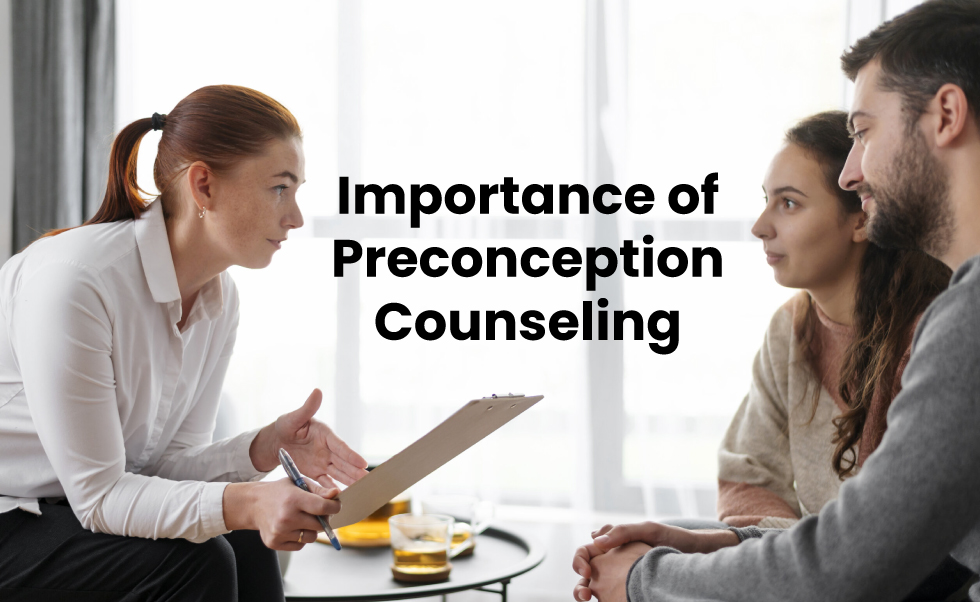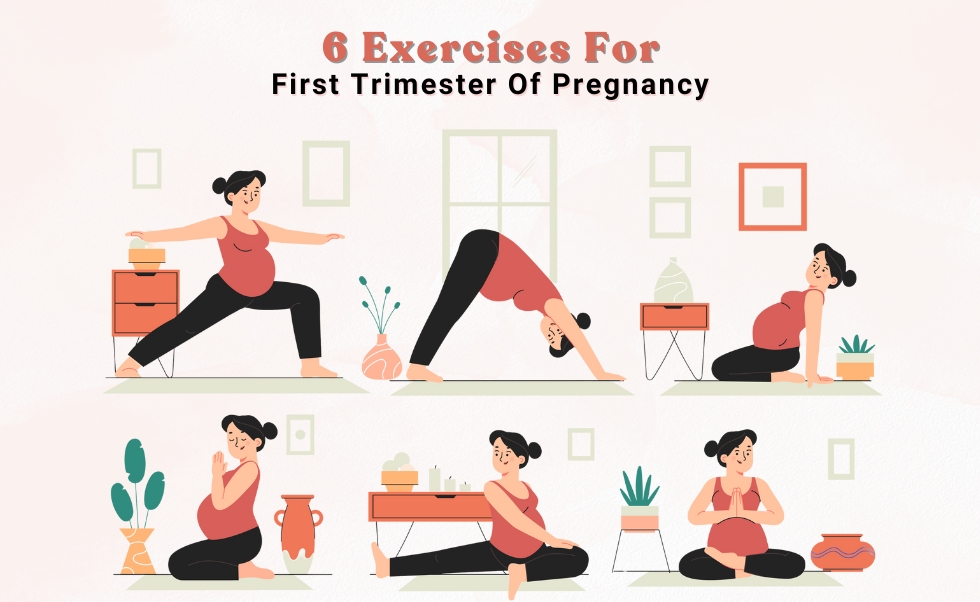Thinking about starting a family? It’s a beautiful journey filled with hopes, dreams, and lots of love. But before diving into the excitement of pregnancy, there’s a crucial step that many people overlook: preconception counseling. At Mamame, we believe that taking the time for this counseling can make a significant difference in your journey to parenthood. Let’s explore why this step is so important.
What is Preconception Counseling?
Preconception counseling is a proactive approach to health care that helps couples prepare for pregnancy. It involves a series of discussions with a healthcare provider, focusing on your health, lifestyle, and any medical conditions that could affect your pregnancy. This counseling can cover various topics, including nutrition, exercise, family health history, and emotional well-being.
The goal is simple: to ensure that you and your partner are in the best possible shape—physically, mentally, and emotionally—before trying to conceive.
Why is Preconception Counseling Important?

1. Identifying Health Risks
One of the primary benefits of preconception counseling is the opportunity to identify potential health risks that could impact pregnancy. This can include chronic conditions such as diabetes, hypertension, or thyroid disorders. By recognizing these issues early on, healthcare providers can develop a management plan to minimize risks and promote a healthy pregnancy.
For example, if a woman has uncontrolled diabetes, it can lead to complications during pregnancy. However, with proper management and guidance, she can stabilize her condition and reduce the risk to both herself and her baby.
2. Discussing Family Health History
Family health history plays a vital role in understanding genetic risks. During preconception counseling, you and your partner can discuss any hereditary conditions present in your families, such as heart disease, certain cancers, or genetic disorders. This knowledge can inform your healthcare provider about necessary screenings and tests, helping you make informed decisions about your reproductive options.
3. Nutritional Guidance
Nutrition is the foundation of a healthy pregnancy. Preconception counseling provides a great opportunity to discuss your dietary habits. Your healthcare provider can recommend specific vitamins and nutrients crucial for pregnancy, such as folic acid, which is essential in reducing the risk of neural tube defects in the developing fetus.
Additionally, you can learn about maintaining a balanced diet that supports your overall health and prepares your body for the demands of pregnancy. This might include incorporating more fruits, vegetables, whole grains, and lean proteins into your meals.
4. Lifestyle Modifications
Making healthy lifestyle choices is crucial before and during pregnancy. Preconception counseling encourages you to evaluate your lifestyle habits, including smoking, alcohol consumption, and recreational drug use. These substances can have adverse effects on fertility and fetal development.
Your counselor can provide resources and strategies to help you quit smoking or reduce alcohol intake, ensuring that your body is a safe haven for your future child. This supportive guidance can make the transition to healthier habits more manageable and less overwhelming.
5. Mental and Emotional Well-being
Pregnancy is not just a physical journey; it’s also an emotional one. Preconception counseling recognizes the importance of mental health in the conception process. Stress, anxiety, and depression can impact fertility and the overall pregnancy experience. Your counselor can provide tools to manage stress and discuss any mental health concerns that may arise.
Moreover, talking about your hopes and fears regarding parenthood can help you and your partner strengthen your emotional bond. This support is invaluable, fostering a positive mindset as you embark on this new chapter together.
6. Understanding Fertility Awareness
Preconception counseling also involves educating you about your menstrual cycle and fertility awareness. Understanding your ovulation cycle can help you identify the best time to conceive. Your counselor can provide insights into tracking your cycle, recognizing fertile days, and the role of timing in achieving pregnancy.
This knowledge empowers you to take charge of your reproductive health and increases the likelihood of conception while reducing stress and anxiety during the process.
7. Building a Support Network
Bringing a child into the world is a shared experience that often involves a broader support network. Preconception counseling encourages you to identify and build a support system of family, friends, and professionals. Discussing your plans with loved ones can create a nurturing environment that fosters emotional support.
Additionally, connecting with other parents or joining support groups can help you learn from their experiences and gather valuable advice. Surrounding yourself with a strong network can make the journey smoother and more enjoyable.
8. Preparing for Pregnancy Challenges
While the idea of pregnancy is often filled with joy, it’s essential to acknowledge that challenges may arise. Preconception counseling provides a safe space to discuss your concerns and fears, preparing you for potential difficulties. Whether it’s managing pre-existing health conditions or facing challenges related to fertility, having a support system and a plan in place can make a significant difference.
Understanding that you are not alone in this journey can be incredibly reassuring. Your healthcare provider can help you explore options and resources available to support you through any challenges.
9. Enhancing Your Relationship
Embarking on the journey of parenthood can strengthen your bond with your partner. Preconception counseling often involves open discussions about parenting philosophies, expectations, and roles. This communication fosters intimacy and ensures that both partners are on the same page regarding their hopes and dreams for the family.
By working together as a team, you can navigate the joys and challenges of parenthood more effectively. This shared experience can deepen your connection and create a solid foundation for your growing family.
10. Setting Realistic Expectations
Finally, preconception counseling helps set realistic expectations for the journey ahead. Fertility can be unpredictable, and the path to parenthood may not always be straightforward. By understanding the factors that influence fertility and the time it may take to conceive, you can approach the process with patience and resilience.
Your healthcare provider can help you establish timelines and discuss when to seek further assistance if necessary. This proactive approach empowers you to handle the emotional ups and downs of the journey with grace and confidence.
Conclusion
In conclusion, preconception counseling is a valuable step for couples looking to start their family. By addressing health risks, nutritional needs, lifestyle choices, and emotional well-being, you can lay a strong foundation for a healthy pregnancy and a thriving family. At Mamame, we believe that every parent deserves the opportunity to embark on this journey with knowledge, support, and love.
As you prepare for the incredible adventure of parenthood, remember that seeking guidance is a sign of strength. Embrace the journey, cherish the moments, and look forward to the beautiful life you will create together. Your future child deserves the best, and preconception counseling is the first step in ensuring they receive it.







